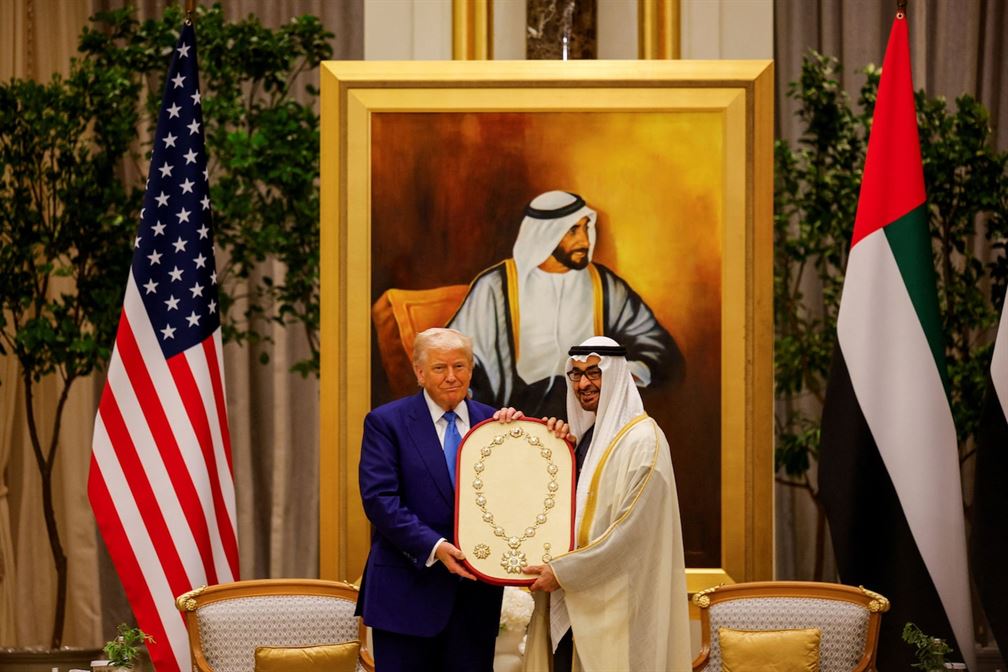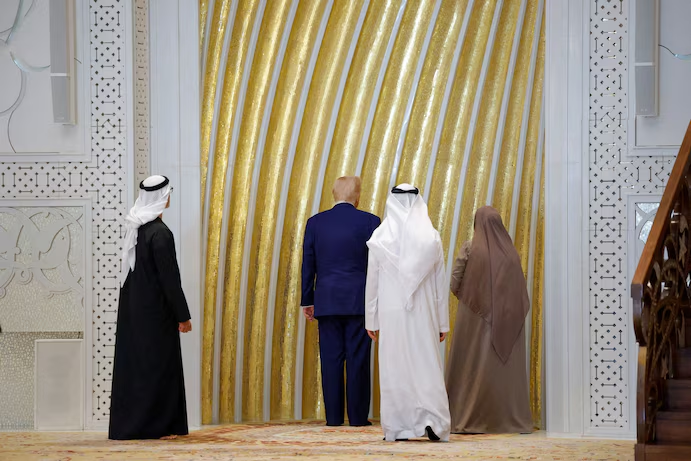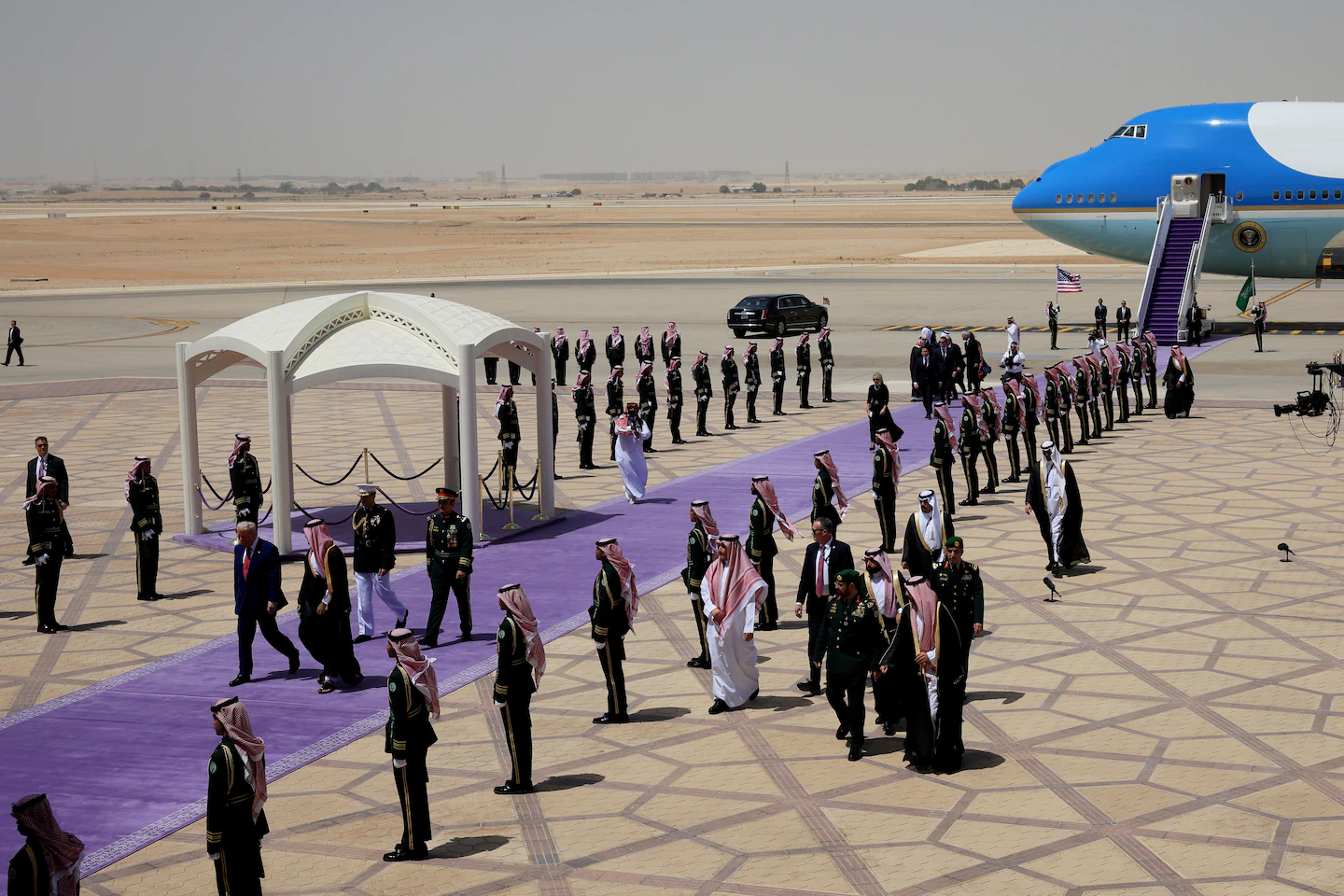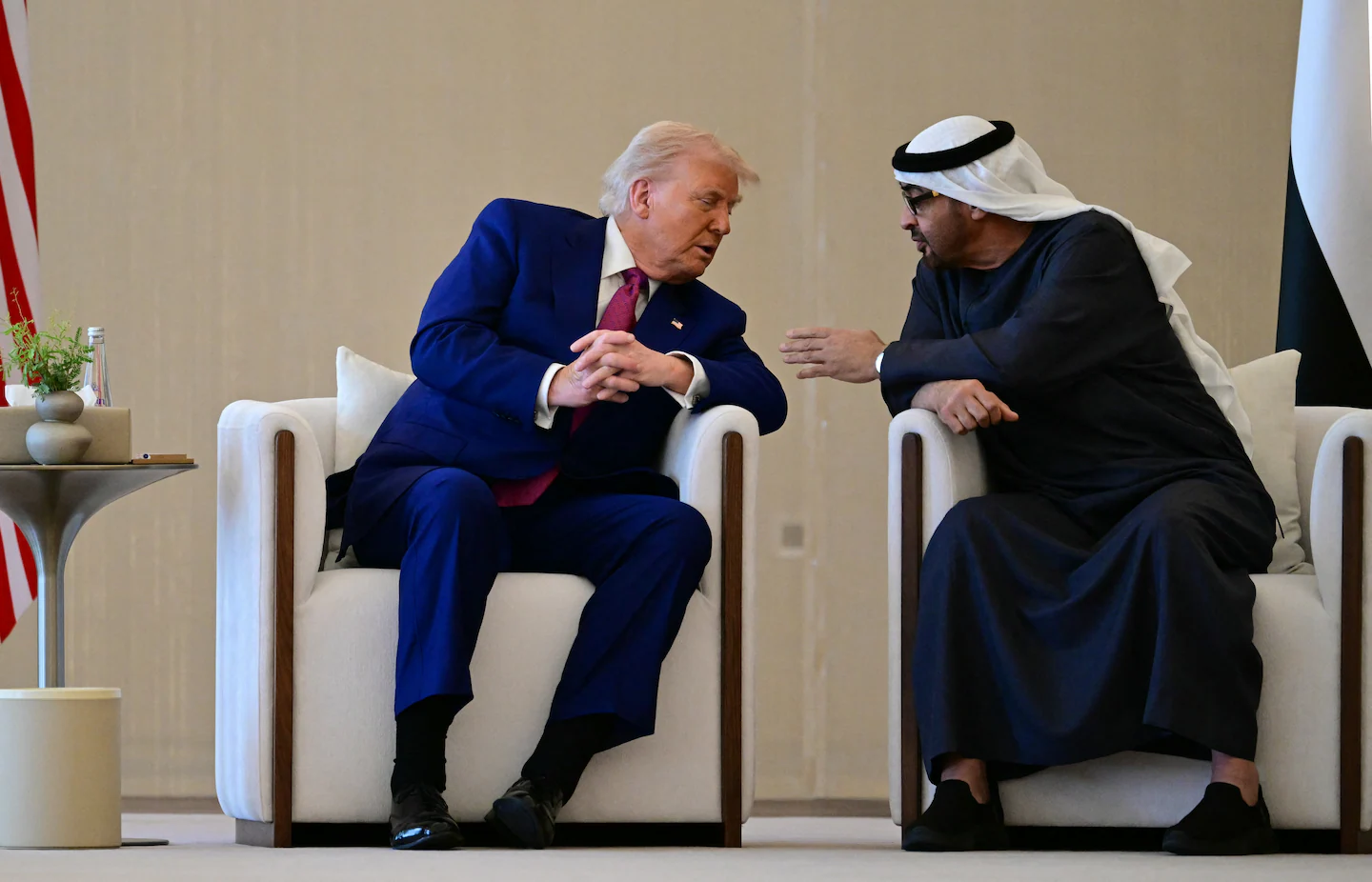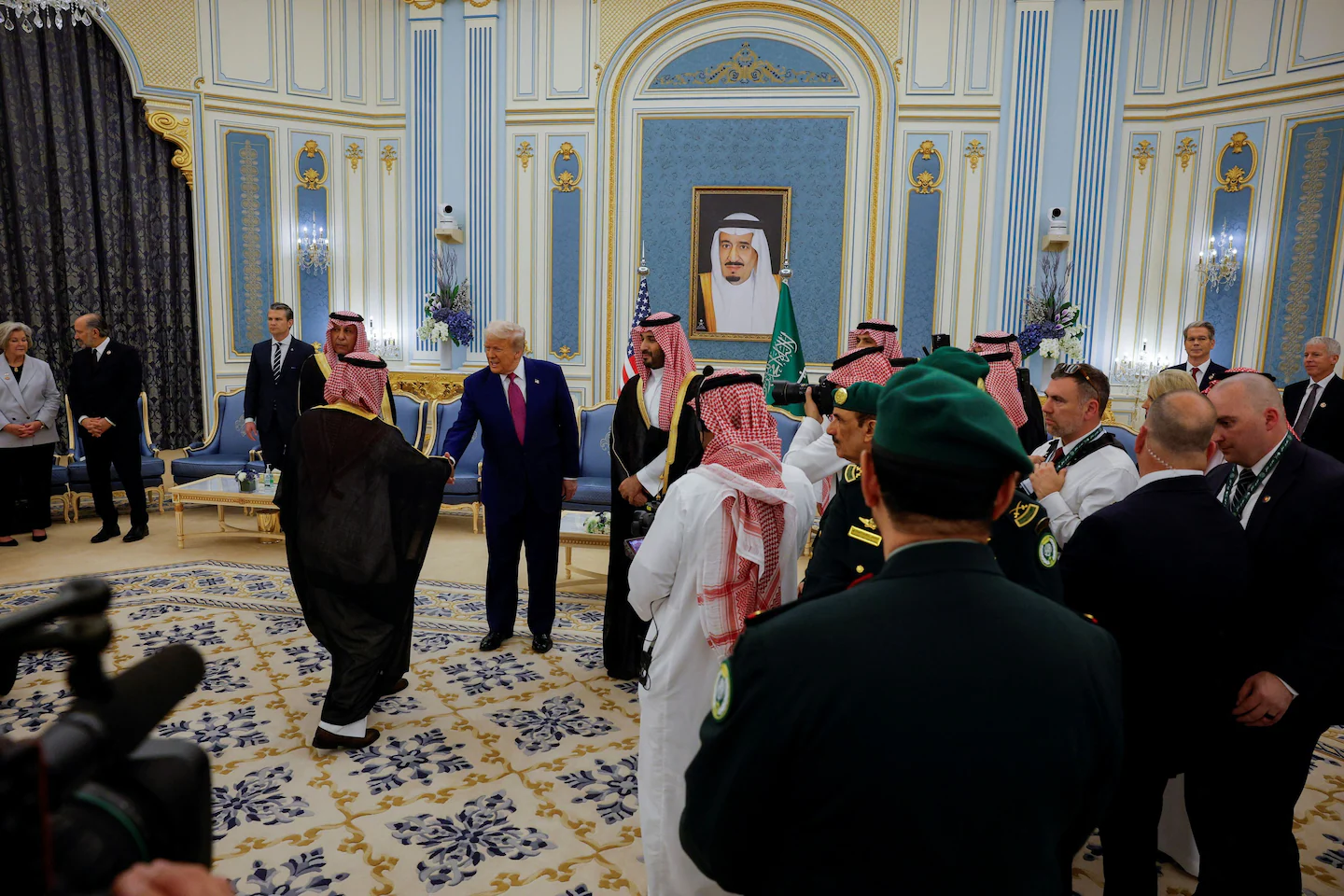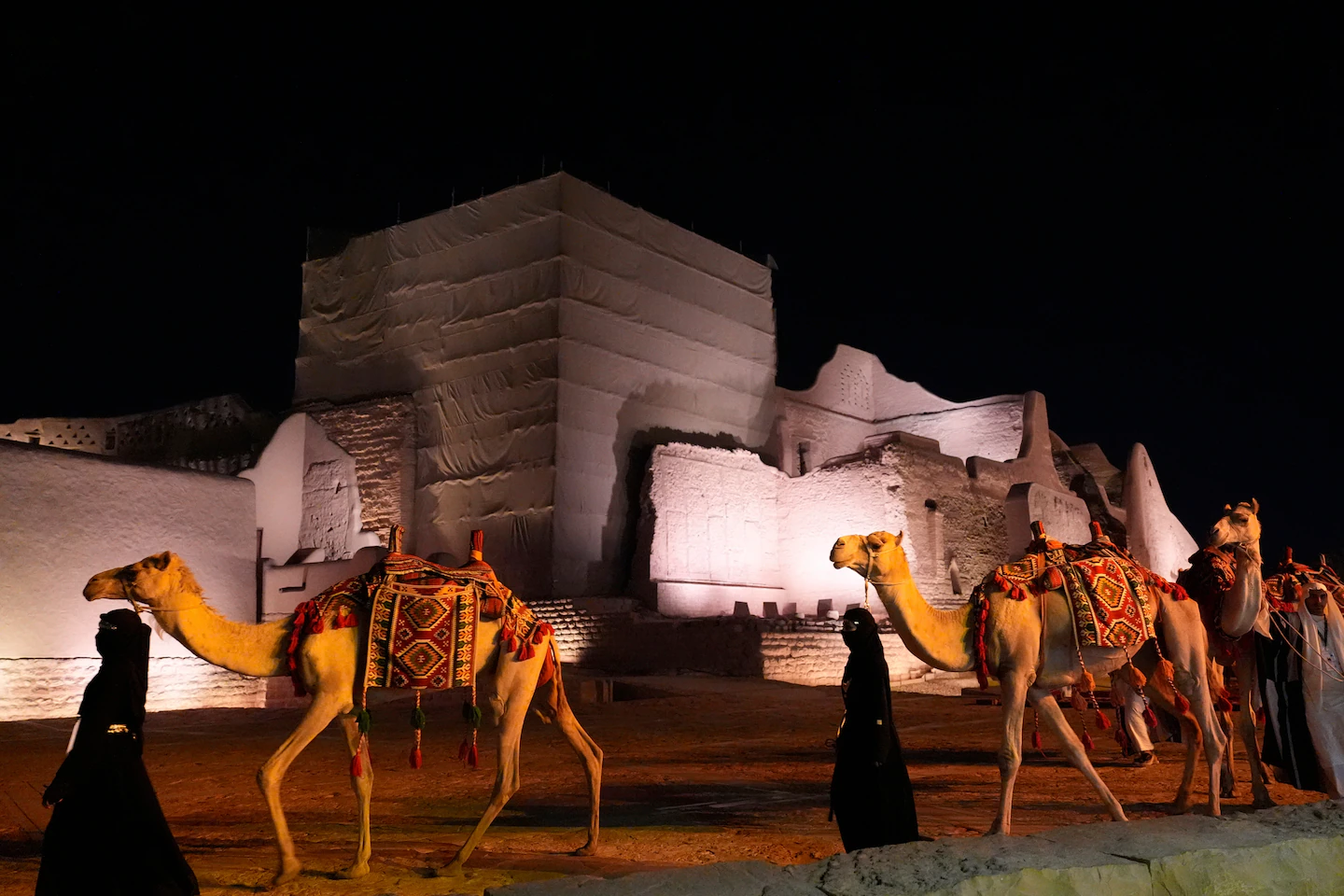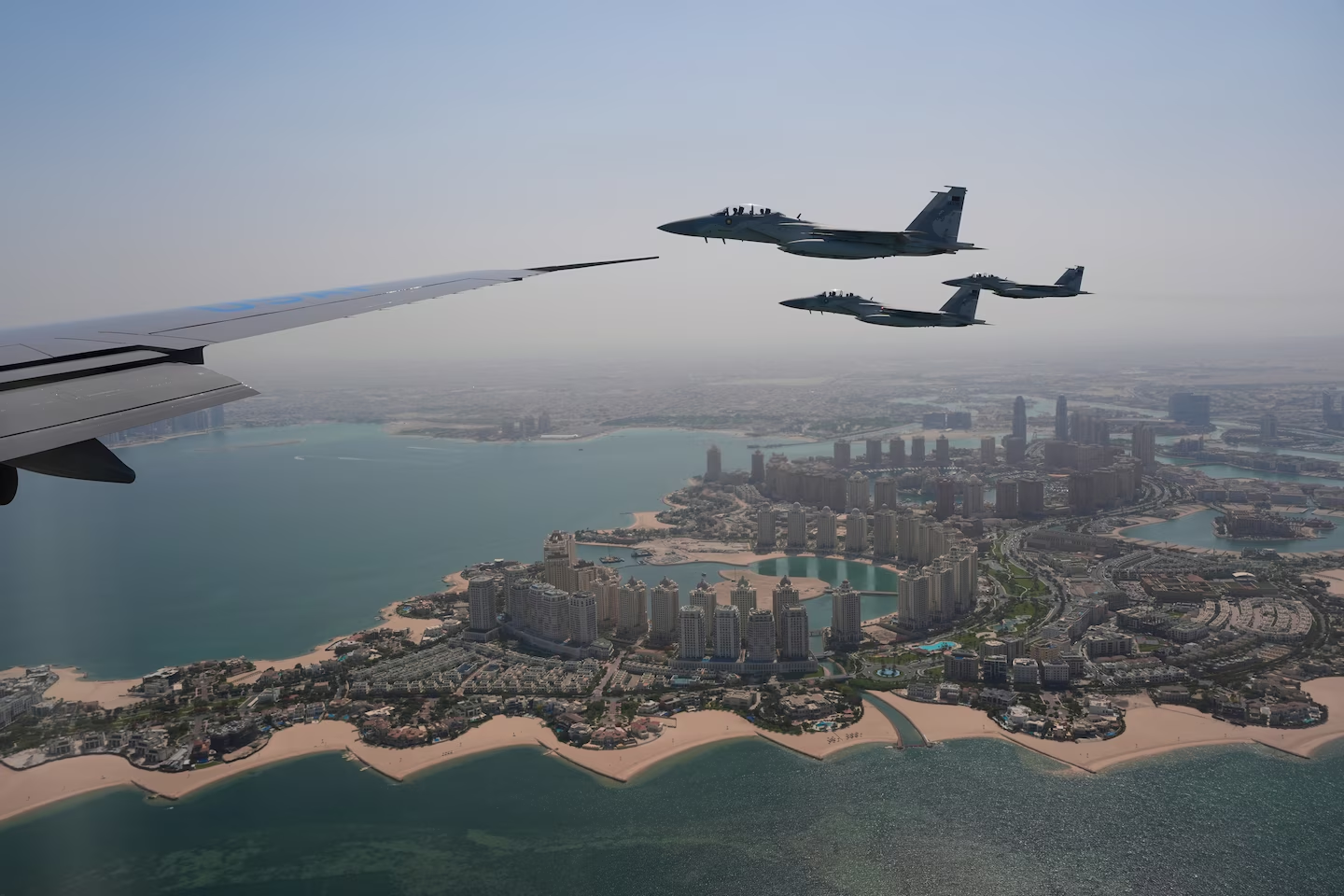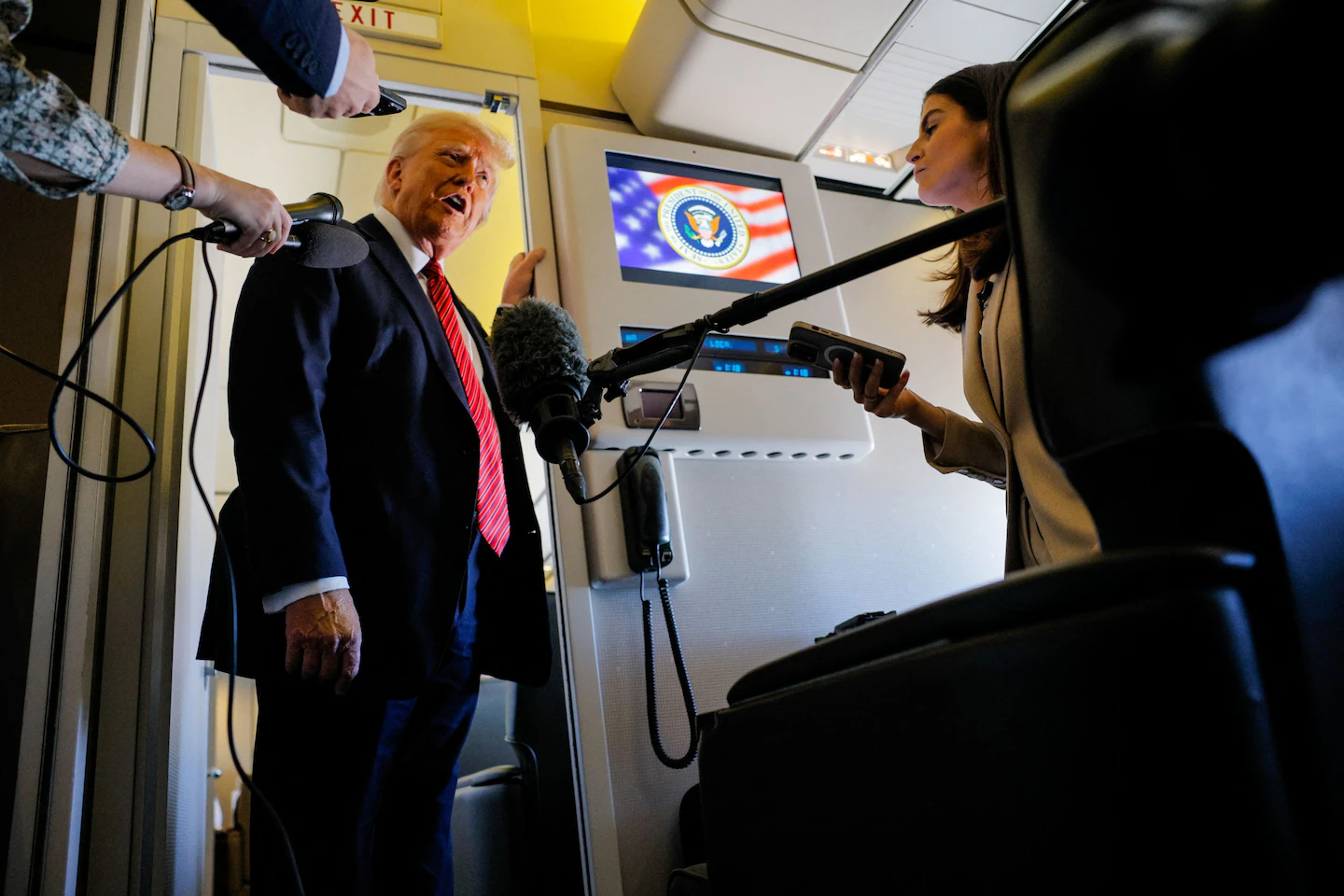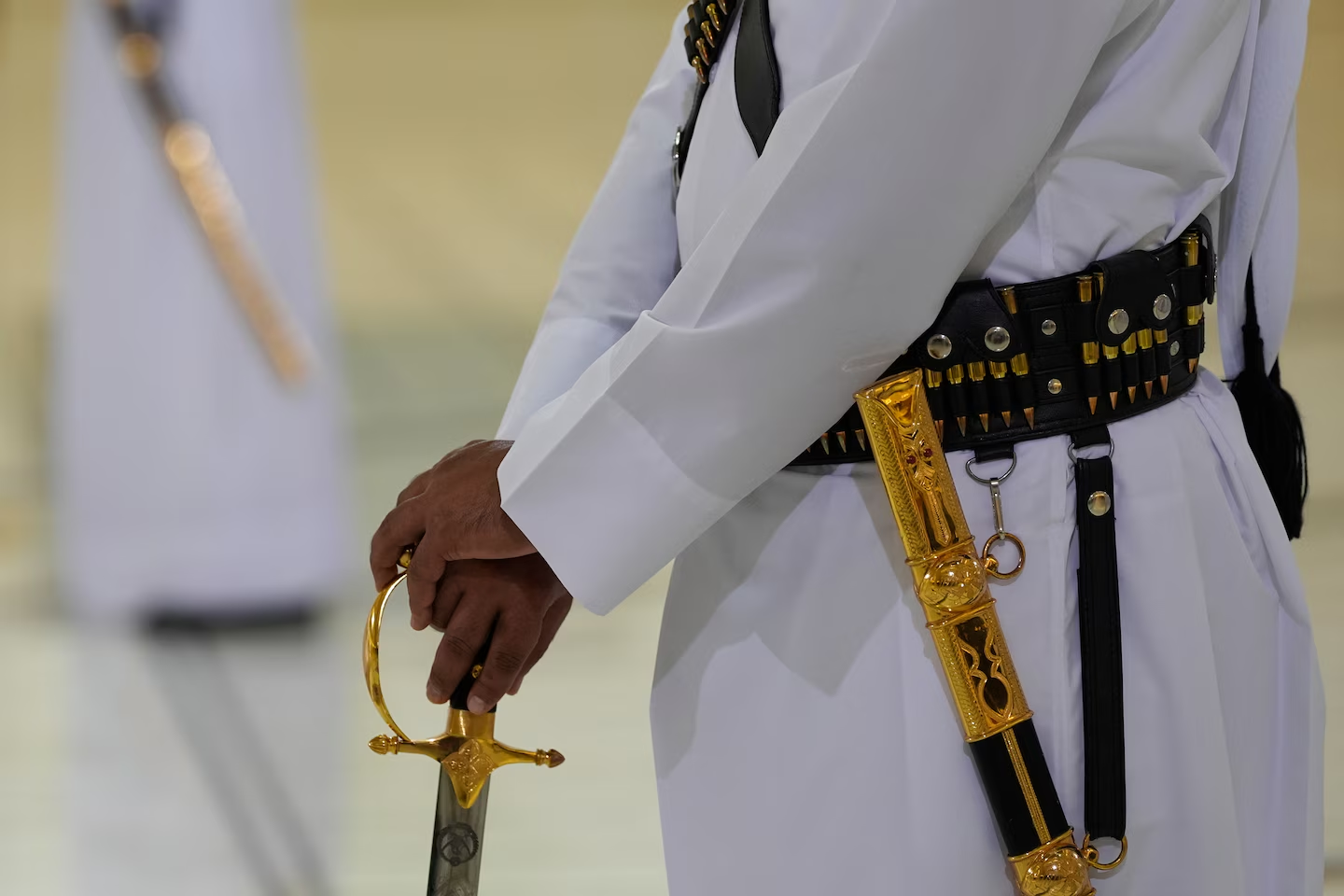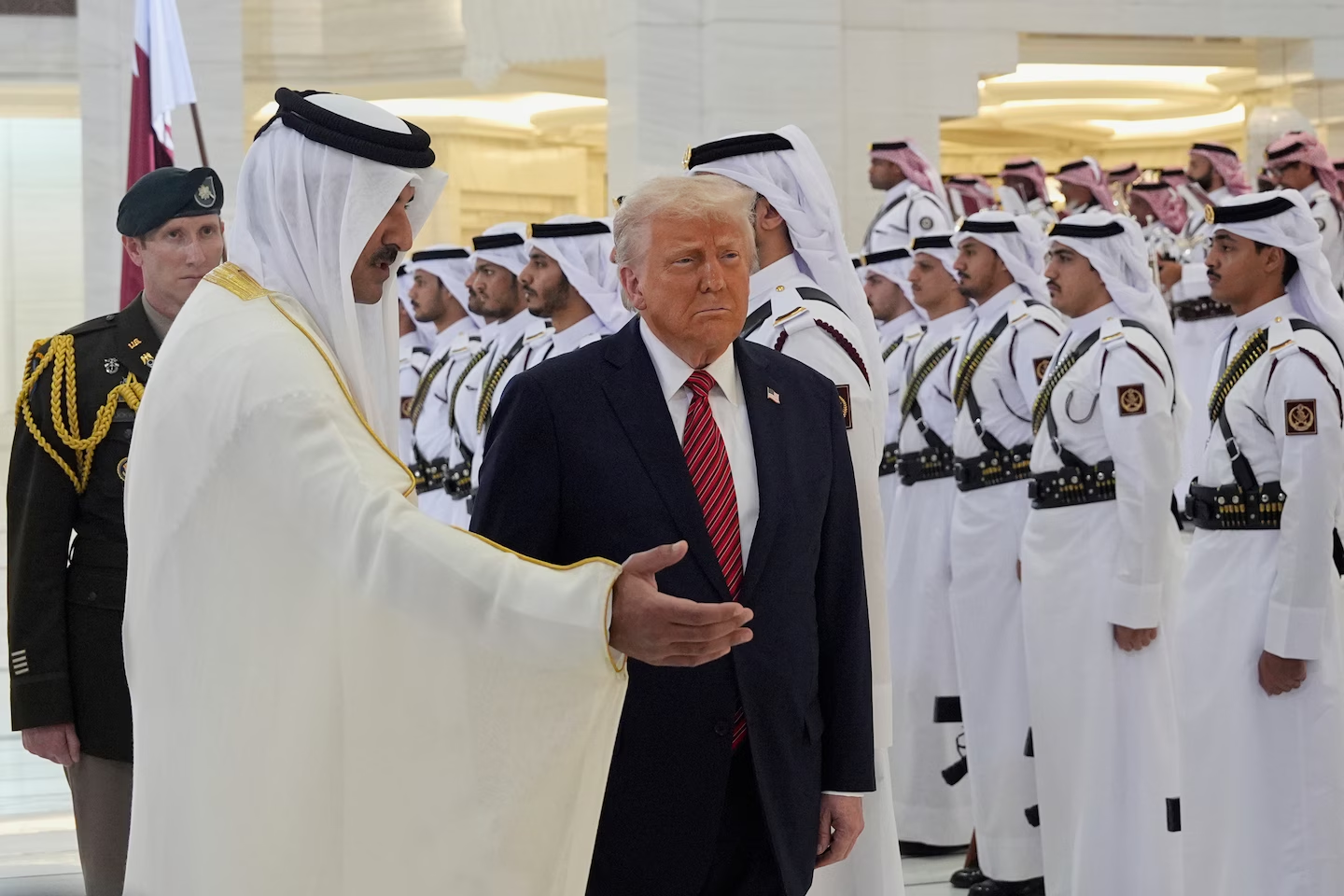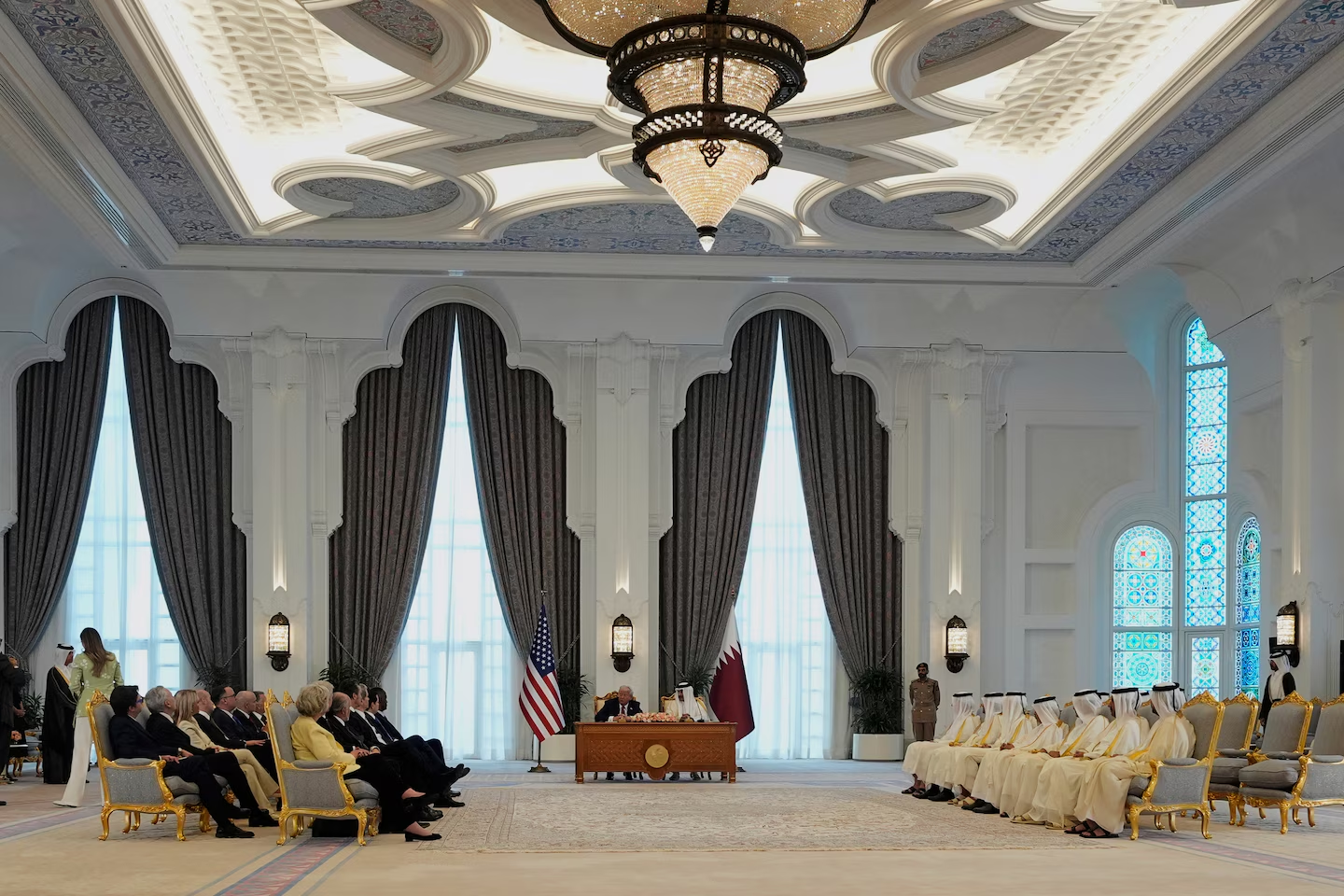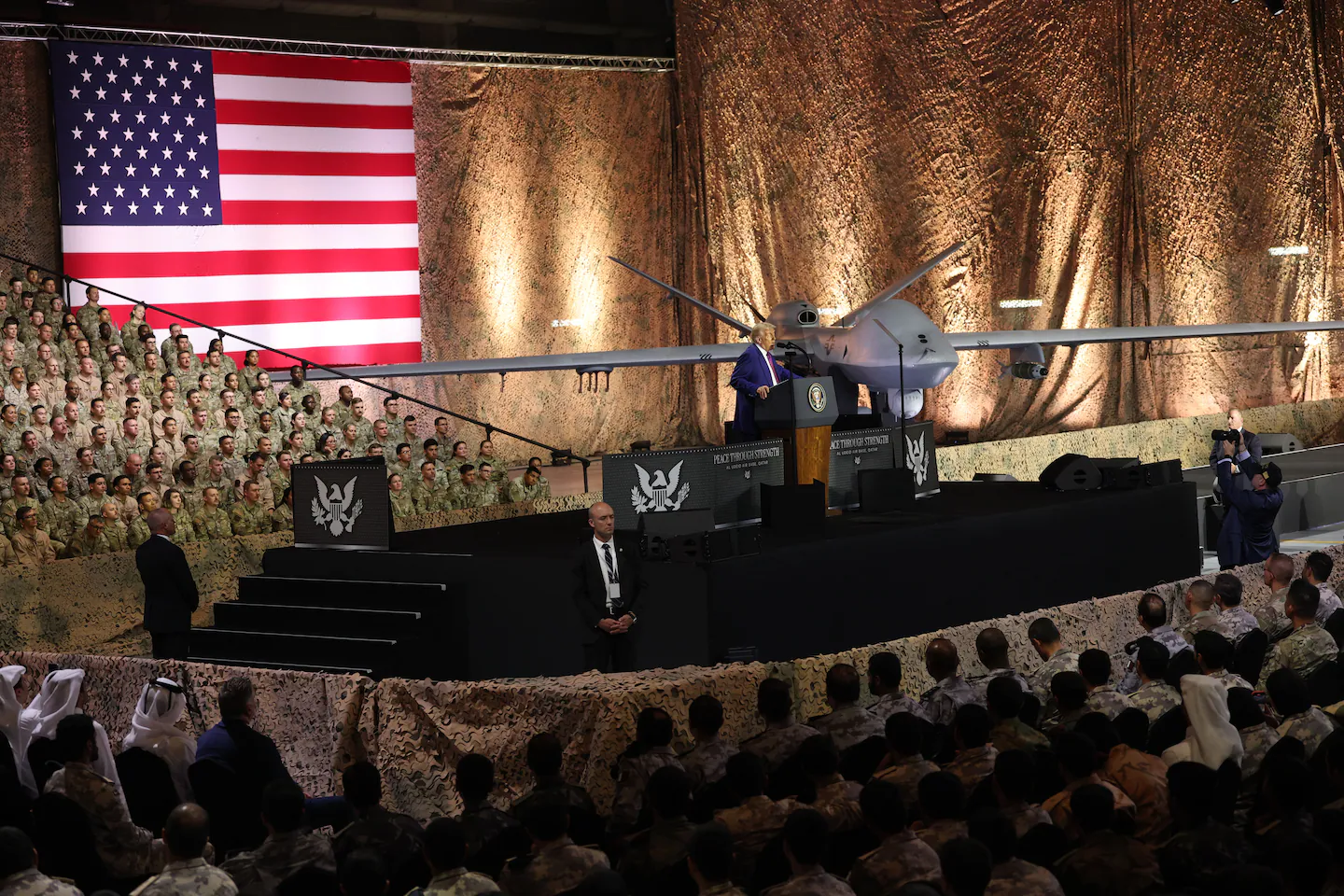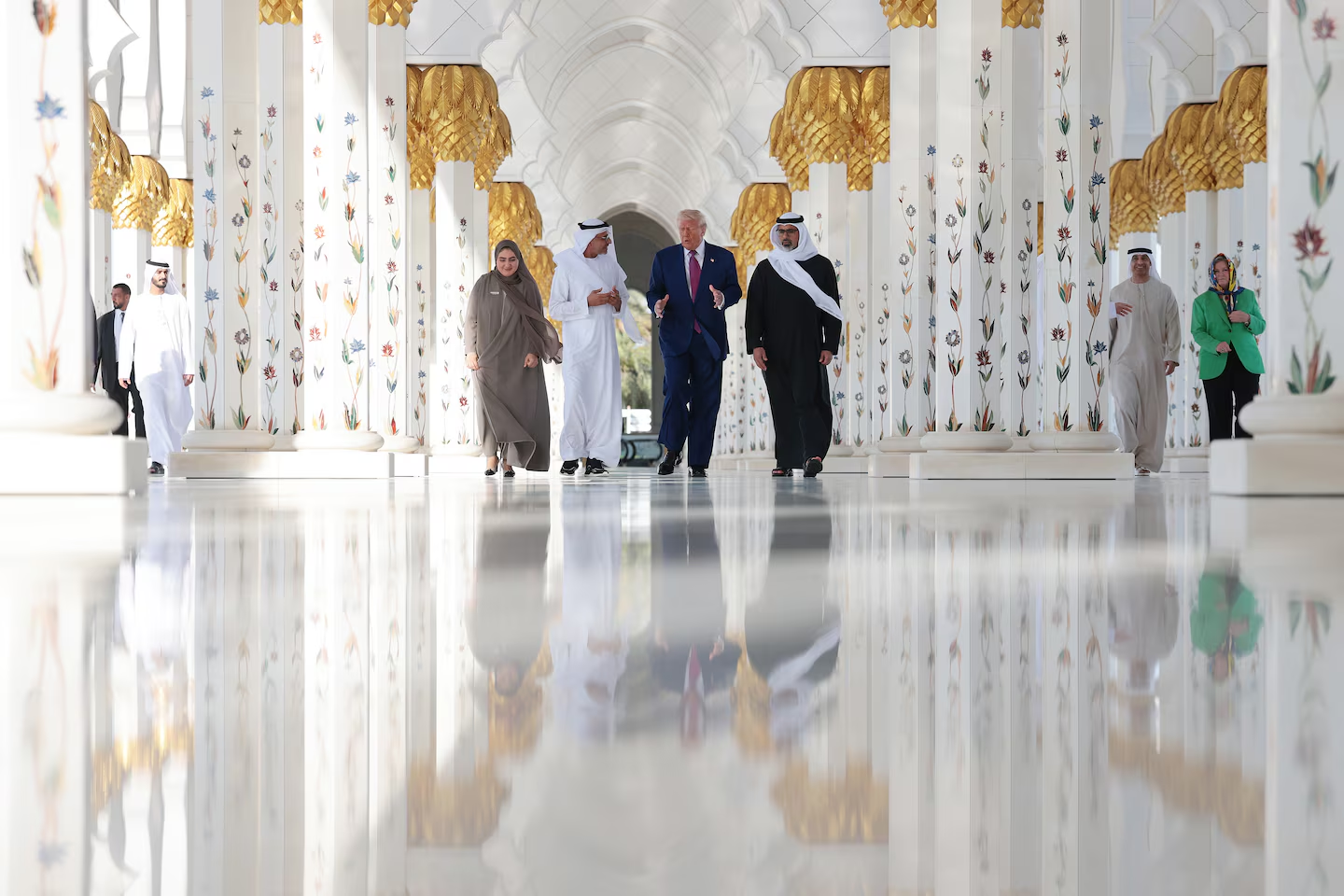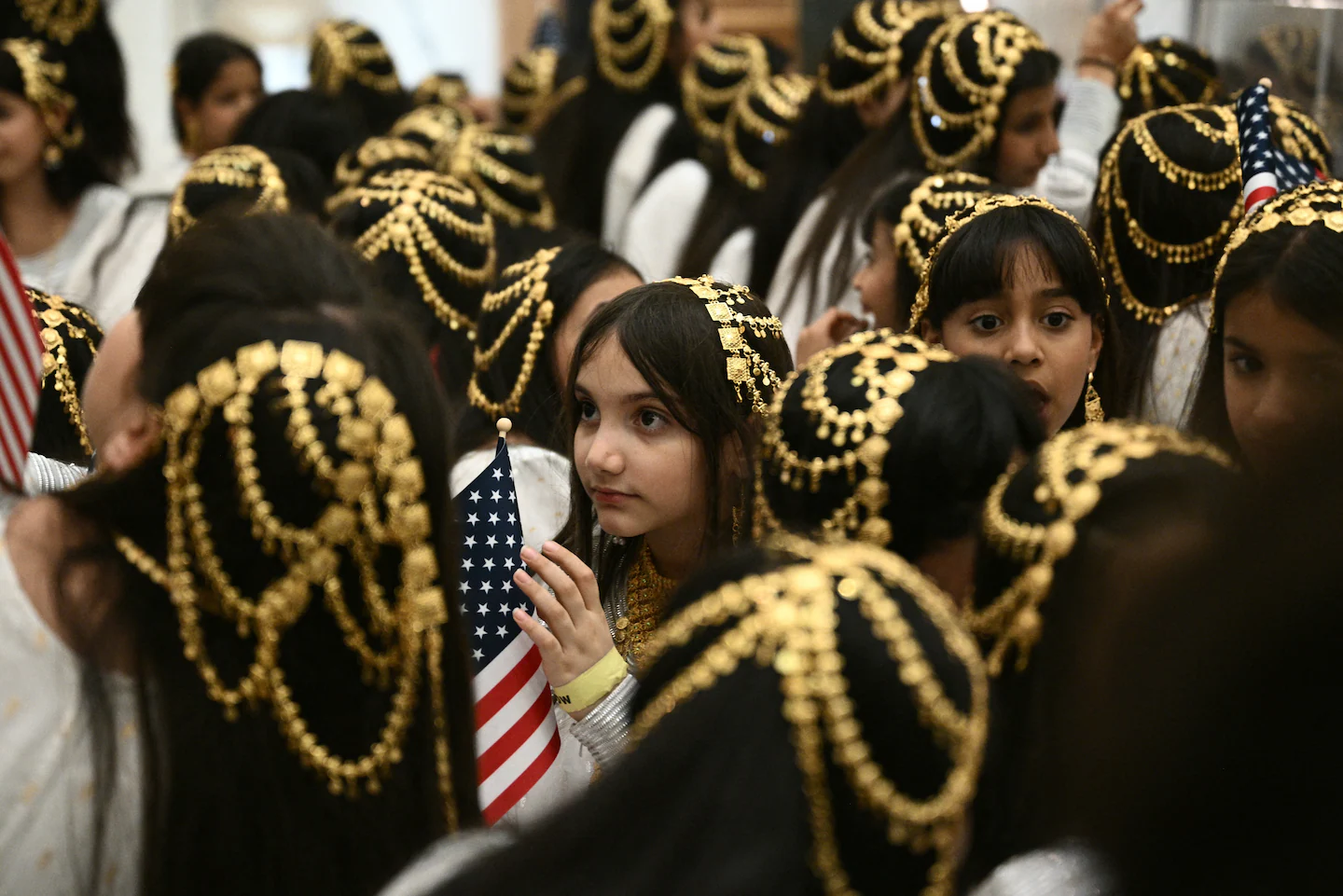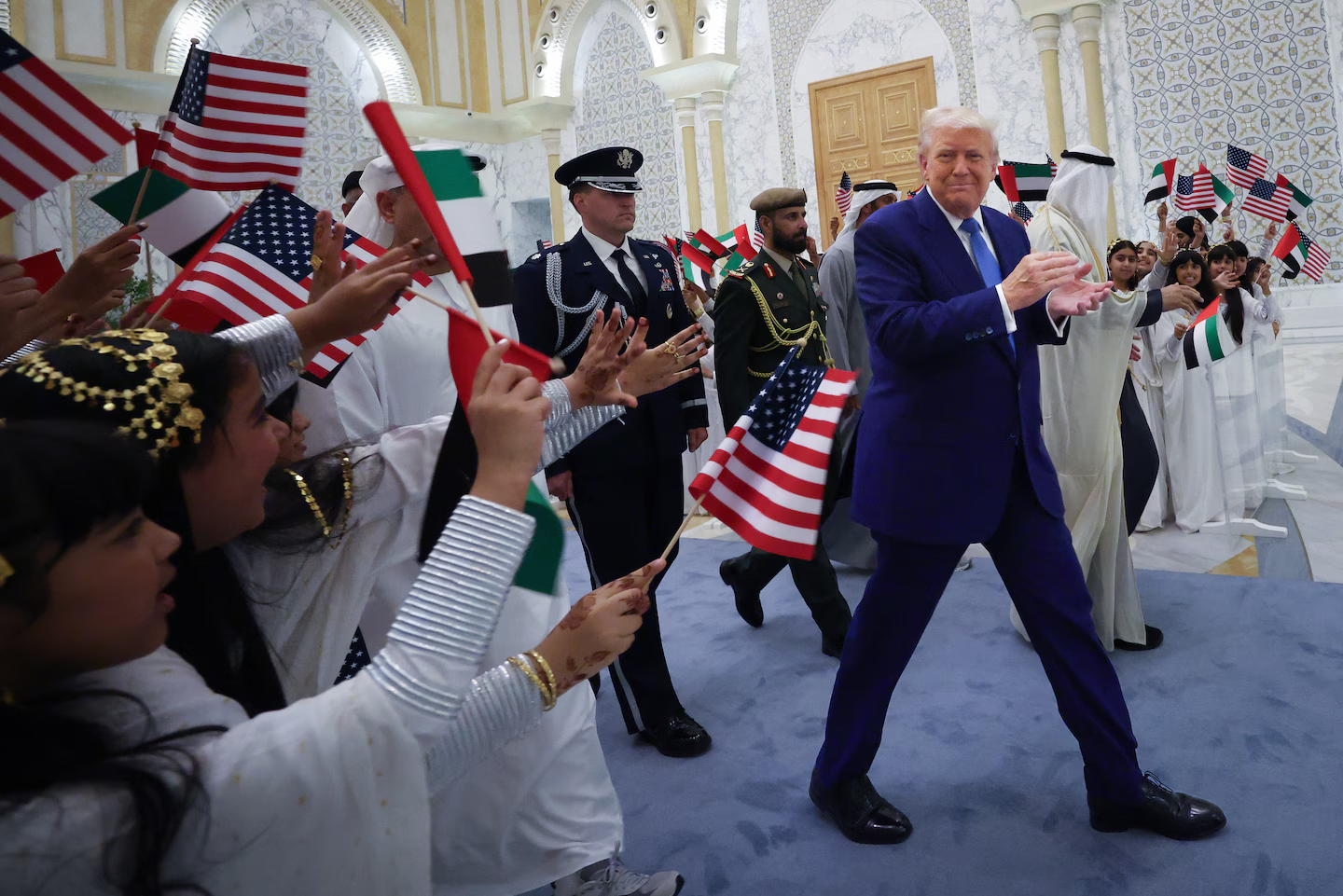ABU DHABI — In a significant diplomatic gesture, former President Donald Trump visited the Sheikh Zayed Grand Mosque in Abu Dhabi on Thursday, respecting Islamic customs by removing his shoes as he toured the revered site. The visit marked a historic first for Trump during his presidency and underscored his evolving approach toward Muslim-majority nations.
The grand mosque, one of the largest in the world, temporarily closed its doors to the public for the president’s visit—a rare honor that Trump acknowledged with characteristic bravado.
“This is the first time they’ve shut the mosque for an entire day,” Trump remarked. “It’s a tribute to the United States more than to me, but it’s an incredible gesture.”
Throughout his Middle East trip, Trump showcased a more accommodating tone toward his hosts, emphasizing cultural respect and regional alliances despite his controversial past statements about Islam and Muslims. His engagement with Gulf leaders appeared warm and affable, contrasting sharply with his earlier political stances.
In meetings with leaders like Saudi Crown Prince Mohammed bin Salman and Syrian President Ahmed al-Sharaa, Trump lauded their leadership, referring to the crown prince as “an incredible man” and admiring al-Sharaa’s resilience, calling him “a strong guy with a strong past.”
READ MORE: Man Accused of Burning Quran Has ‘Harassing Islam’ Charge Dropped Following Legal Backlash
Similarly, he praised Qatari Emir Tamim bin Hamad Al Thani, describing both leaders as “tall, handsome, and exceptionally smart.”
At the mosque, Trump walked barefoot through its ornate corridors, taking in the delicate arches, gold-accented pillars, and floral designs. “It’s breathtaking. This is an incredible culture,” he commented, mingling with other dignitaries and press.
The visit starkly contrasted with Trump’s political history, which includes his 2016 campaign proposal to ban Muslims from entering the United States and his statements that “Islam hates us.” Despite these past positions, Trump’s actions during his foreign visits, including this mosque tour, suggest a more pragmatic stance when economic and diplomatic interests are at play.
Previous American presidents such as George W. Bush and Barack Obama made a point of visiting mosques within the United States, using such gestures to promote tolerance and religious harmony. Obama, notably, visited the Islamic Society of Baltimore in 2016—a visit Trump harshly criticized at the time.
While Trump avoided visiting mosques on U.S. soil during his term, his visits to key Islamic countries—including his earlier trip to Saudi Arabia where he delivered a speech on Islamic extremism—hint at a willingness to engage with Muslim nations on the global stage.
PHOTOS: Trump’s four-day visit in the Middle East
During the current trip, Trump refrained from making provocative statements about extremism, instead commending regional leaders, particularly Saudi Arabia’s crown prince, for spearheading modernization efforts and counter-terrorism initiatives.
“How do you sleep, Mohammed? You must be working all night,” Trump joked in Riyadh, illustrating the personal rapport he has cultivated with Gulf leaders.
The day’s diplomatic engagements culminated with a tour of the opulent presidential palace in Abu Dhabi, where Trump admired the grandeur of the architecture and once again remarked on the region’s “amazing culture.”
The former president’s tour of the Sheikh Zayed Grand Mosque is likely to be remembered as a defining moment of his foreign diplomacy, reflecting a nuanced side of his presidency that sought to balance his America-first rhetoric with the complexities of international alliances.

